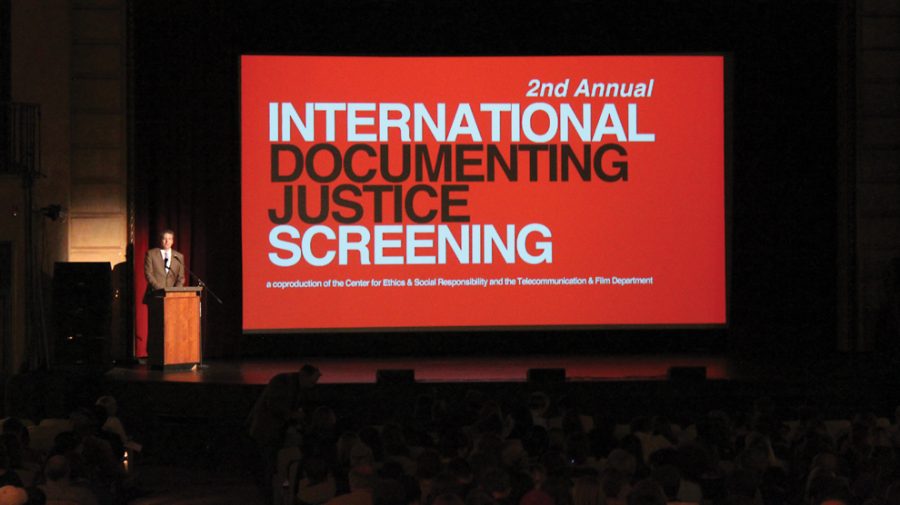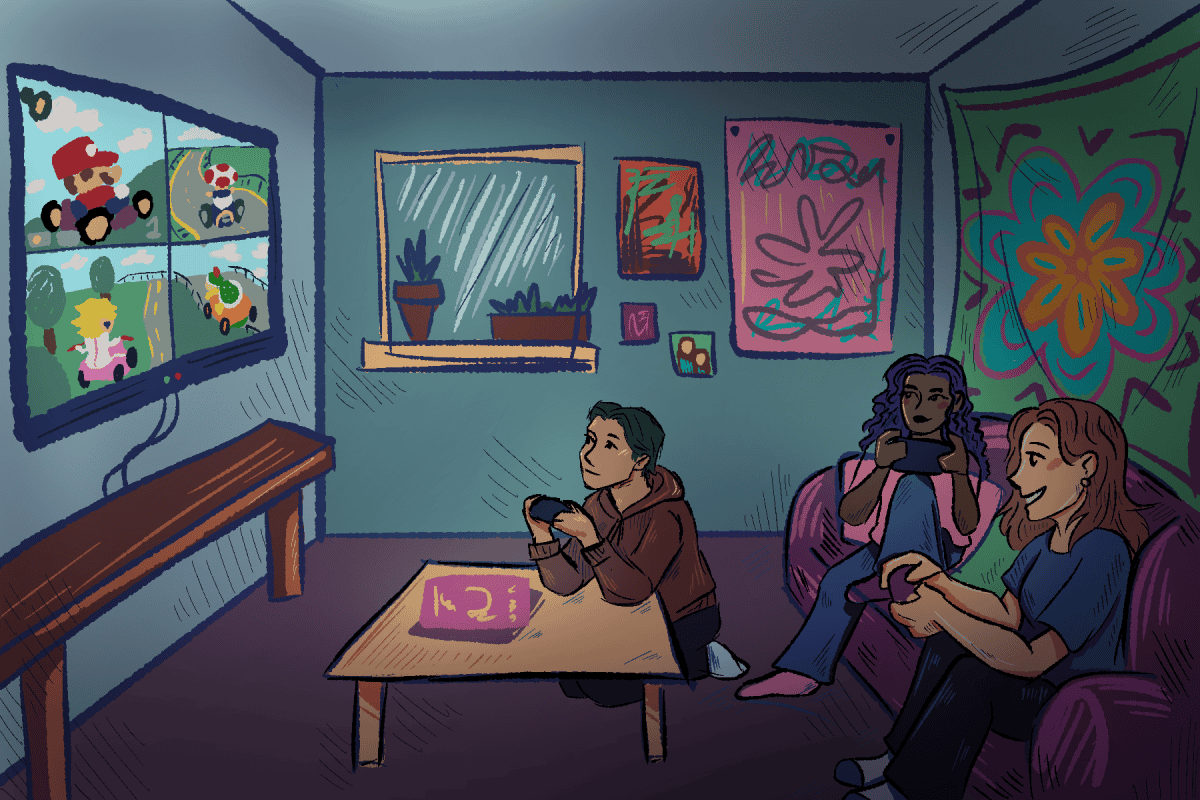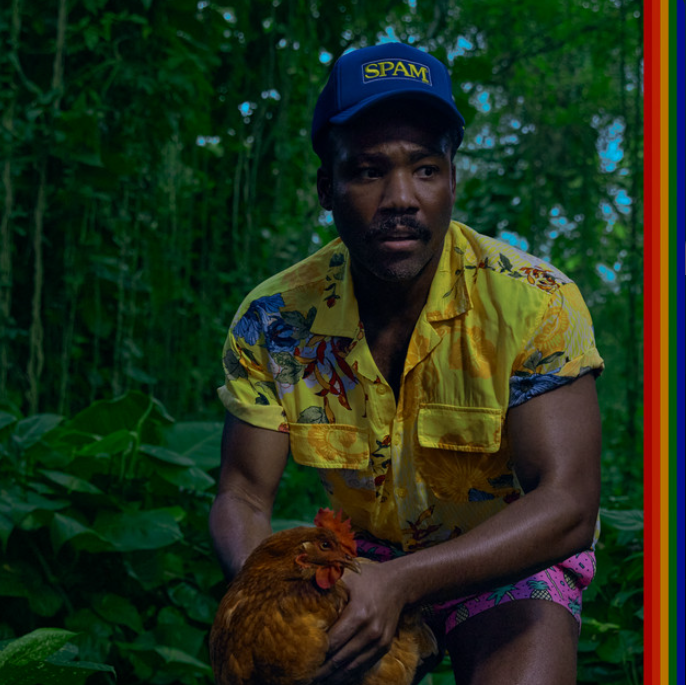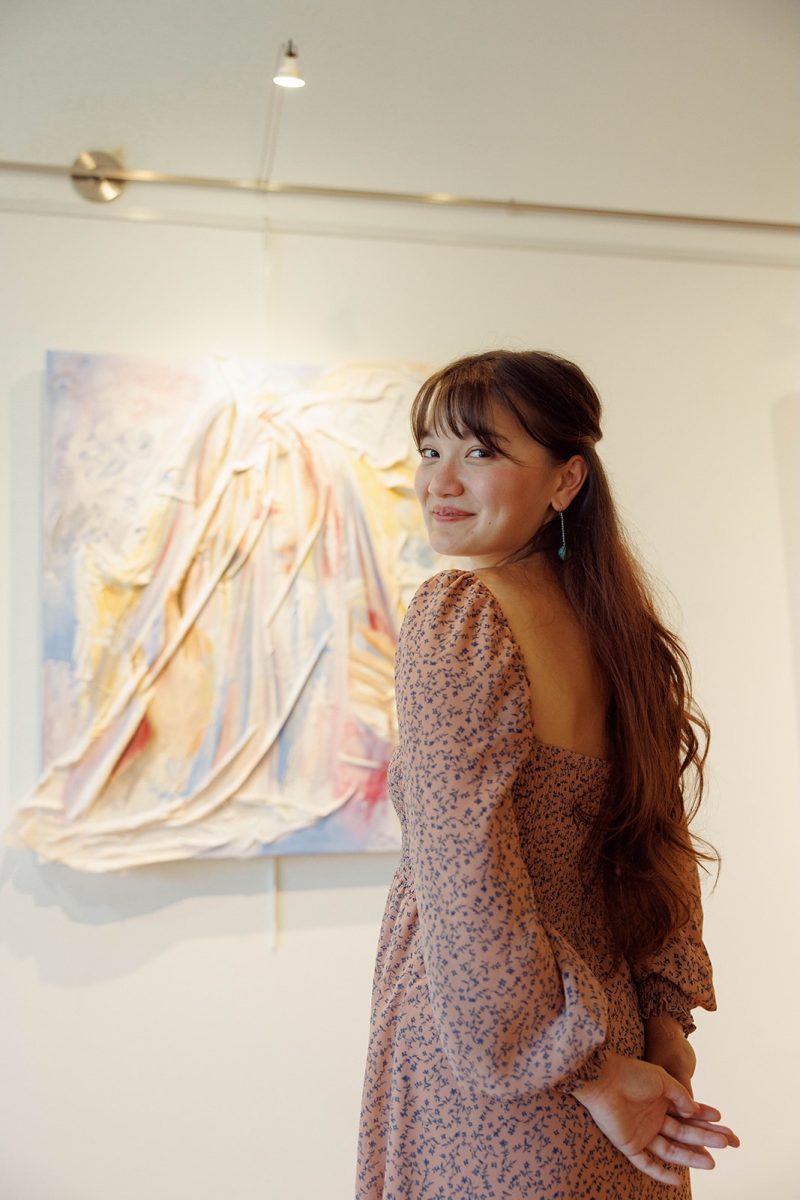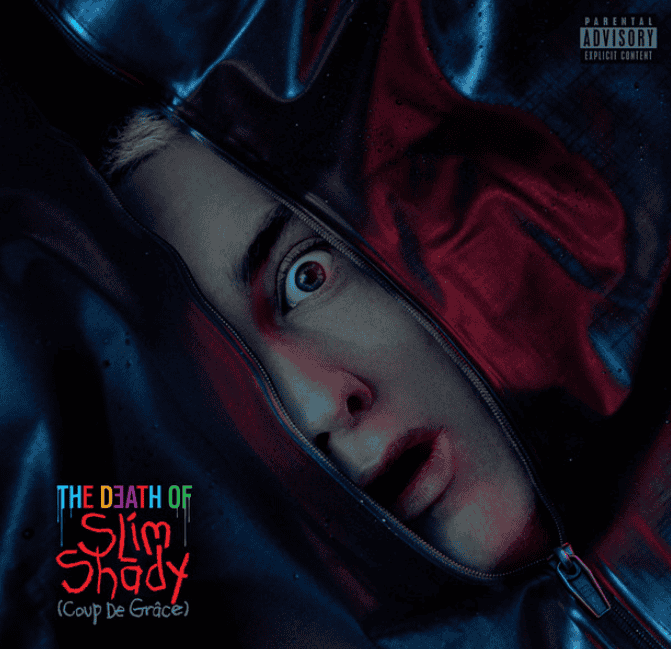Nearly every seat was filled at the Bama Theatre for Wednesday night’s second annual International Documenting Justice screening, presented by the Center for Ethics and Social Responsibility, the department of telecommunication and film and Capstone International.
The four films shown were made by undergraduate students as final projects for the International Documenting Justice class that each of them took before going abroad. In the class, the students learned the art of documentary filmmaking without having had any previous experience doing so.
Before the films began, Stephen Black, director of the Center for Ethics and Social Responsibility, said, “There is no other year-long documentary course like this in the country, much less an international documenting course. I couldn’t be more proud to be a part of this organization and program.”
The first film, titled “Beyond the Border,” is set in El Paso, Texas, and was created by Marshall Houston, a senior majoring in English and economics, and Drew Hoover, a junior majoring in history and studio art.
In the film, the audience learns that many El Paso citizens have family members that live just across the border in the Mexican town of Ciudad Juarez, a town that, in recent years, has become “more dangerous than Baghdad,” said a professor at the University of Texas at El Paso.
Some El Paso citizens remember going to Ciudad Juarez as children to buy candy, and others remember going to Ciudad Juarez for a late-night dinner or movie, after which they simply walked back to their homes in El Paso, who was featured in the film.
Now, because of drug-related violence, someone is murdered every three hours in Ciudad Juarez, and a wall separates the two cities, preventing these casual excursions.
“I really hope people will consider the border and think about it in a different way,” Houston said. “We don’t often realize how our policies affect Mexico. We only think about how they affect the U.S.”
The second film, “The Garden and the City,” was created by Wilson Boardman, now an Alabama graduate. Boardman, who called in via cell phone from Denver to talk about his film, said he made his film about a farmer living in Havana, Cuba.
The film featured images of the farmer feeding rabbits, slicing fruit, watering plants and tending to his organic garden, which he said he uses to feed his family and neighbors.
In the film, he said the fundamental thing in life was to feel good about your work, and to remember that if you plant love, you will harvest love.
The third film, “What is Left,” was created by Grant Luiken, a senior majoring in international studies and Spanish.
The film is set in Uruguay, where Luiken’s camera rides along in a horse-drawn cart with a “clasificadore,” someone who earns money solely by digging through garbage to recycle it.
The clasificadore explains how broken, plastic chairs can create new chairs, how plastic soda bottles can create clothing and how old cardboard can make diaries, folders and books. The recycled materials, he said, get exported to China where they are made into goods that are then exported to the United States.
The film shows that Uruguay citizens have mixed feelings about the clasificadores. Some see the clasificadores’ work as unsanitary, while others see it as work that has to be done.
“They are people too. They have to do something,” one woman said.
The fourth film, “You Must Be Something,” was created by Linn Groft, a senior in New College. Groft’s film is set in Rwanda and tells the story of Sunny, a man whose family left Rwanda during the genocide that killed more than 800,000 Rwandans.
Despite the genocide, Sunny said he never felt he belonged anywhere except Rwanda. In Uganda, Kenya and Canada, people had viewed him as being “different.”
Sunny also emphasized that not all Rwandans are killers and victims — they’re simply Rwandans.
“We had a great turnout tonight,” Groft said. “I’m glad the film is finally finished, but I want to do it again. The experience was great.”

